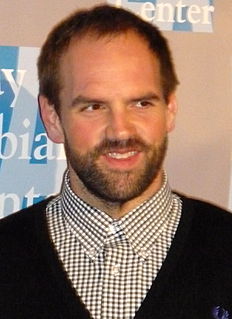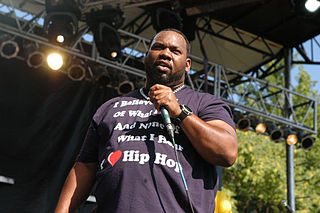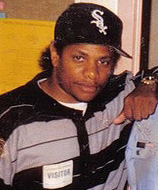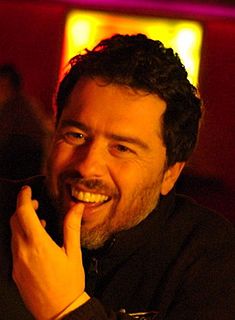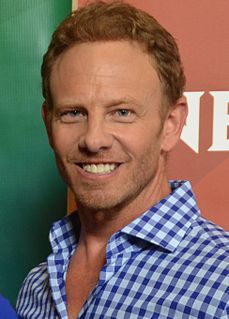A Quote by Ethan Suplee
I think about the period of, like, the '70s and early '80s where nobody had money to make big movies and there was no CGI or anything like that and people had to get super creative. And then, you know, when you've got somebody who can paint you any picture on a computer and you get hundreds of millions of dollars to make a movie, its almost like the creativity diminishes somewhat.
Related Quotes
When critics or people judge, I think it's harder to make a commercial, pop movie than it is to make a pretentious art film. It's harder to reach millions of people and satisfy them and make them happy. These films kind of get ghettoized, this genre because there are so many big, big movies that are such big hits, but aren't any good. The audiences, they're not judging the style of the director, or the execution of the film. They're just looking to be entertained. They want to escape from their reality, and that's why we make movies, to get people to escape from the realities.
Before I think we was emcees, we was more or less narrators too. Because if you look at the early '80s hip hop, it was so much creativity goin' on with artists like then, like Slick Rick, then you had Rakim, and you had these different kind of artists back then. And we was a marble cake of all these artists. So I didn't have a problem with writin' stories because I felt like that was somethin' I loved to do. Even to this day, I really consider myself an entertainer-slash-narrator. I like to talk about stuff that goes on.
It's hard to make a living in any of the arts. When most people think of artists, they think of the stars and the celebrities. But that's such a tiny minority of the elites who are able to make those millions of dollars. The reality is that it's very hard for the rest to make a living as an artist. So, you really have to persevere and understand that achieving the sort of success where you're making the big money is like winning the lottery.
I don't really get that nervous about whether people like it. You can't do anything about that. It's more technical. You spend two years of your life obsessing, picturing sound details, and you work so hard to make a movie a certain way, that you get there, and you're like - is it loud enough or whatever, so that this experience with everybody in this room is the fairest chance I can get. And then if you like it, cool, and if you don't, whatever.
You come out of drama school and do theatre and are interested in creative endeavour, then you drift into TV and movies and realise that artistic endeavour needs to balance with financial success. There's no point spending millions on a movie that doesn't make any money, because the people producing it won't make another one.
When they make a woman's picture, they treat it like a 'woman's picture.' In the '40s, they didn't treat Joan Crawford movies like that, but as the big movies of their year. I'm upset that there's no 'Terminator' with a woman in Arnold Schwarzenegger's role. Because that would make just as much money.
I would get bullied a lot. You know, it was the '70s and '80s, so it was a lot of racism back then towards Indian people. And it wasn't actual hatred, it was just that blind, 'Let's pick on that guy.' You know, and you've got to figure that I was a very small kid. And I had a big mouth, so I'm sure that didn't help.
I think people will lie to pollsters. I think the truth of Obama and what people think of Obama is when you ask people about his agenda and then nobody likes anything. They don't like Obamacare. They don't like the Iran policy. They don't like taxes. They don't like anything he's done. But you put him in the question and people get scared to say anything negative because of the racial component.
I make the joke, all the time, that if you have the word "man" and a number in the title, like Batman 2, Spider-Man 2 or Iron Man 12, you'll get it made. The kind of movies I make, studios don't make them. I've made a lot of movies, and at Castle Rock, we've made 125 movies. None of them get made at a studio. I've got to scrounge around for money, every time. I just like to tell stories. I'm a storyteller, so I want the most people to see it.
Jazz stopped being creative in the early '80s. After your acoustic era, where you had the likes of the Miles Davis Quintet, when it gets to the '70s it started being jazz fusion where you had more electronic stuff happening, then in the '80s they started trying to bring back the acoustic stuff, like Branford Marsalis and the Wynton Marsalis & Eric Clapton sextet. It started dying down from there. Miles was still around in the '80s and he was still being creative; he was playing Michael Jackson songs and changing sounds, but a lot of people were still trying to regurgitate the old stuff.
